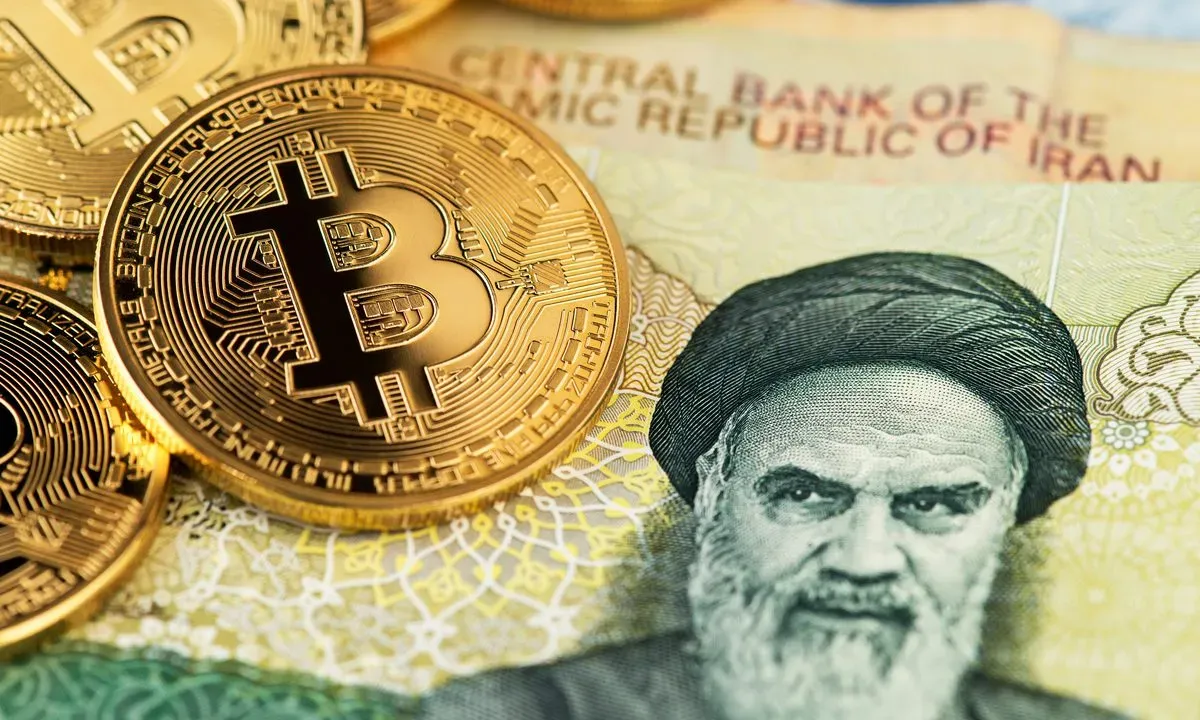Iran Suspects Bitcoin Mining For Persistent Power Outages

In recent weeks, Iran has been grappling with rolling power blackouts, disrupting life across the capital Tehran and numerous outlying provinces. Amid this chaos, Iran suspects a significant culprit: the energy-intensive practice of Bitcoin mining. Iran, long burdened by international sanctions due to its nuclear ambitions, faces a complex energy crisis exacerbated by economic mismanagement and geopolitical tensions.
The Iranian economy has been under strain for years, with the government selling off fuel reserves to offset budget deficits amidst ongoing conflicts in the Middle East. Yet, as autumn cooled and the need for air conditioning waned, the demand on the power grid did not ease. Instead, the cold of winter approached, threatening to further strain the already precarious energy situation.
Bitcoin's value has soared to unprecedented heights, particularly following Donald Trump's victory in the U.S. election, with the cryptocurrency reaching the $100,000 milestone—a surge that has spotlighted the energy consumption associated with mining operations. Bitcoin mining requires vast amounts of electricity, not only to power the specialized computational equipment but also for cooling these systems.
The Hidden Costs of Bitcoin Mining
Iran's power infrastructure, already aging and stretched thin, has struggled to cope. Reports suggest that the exploitation of subsidized electricity by unauthorized miners has significantly contributed to these outages. Mostafa Rajabi, the CEO of Iran's state electricity company, has publicly acknowledged this issue, stating that some individuals exploit public networks for unauthorized mining, leading to an "abnormal increase in consumption, disruptions, and problems in power networks."
The summer saw sustained blackouts in industrial areas, and as autumn progressed into November, daylight hours in Tehran's neighborhoods were marred by frequent power cuts. Persistent droughts have compounded the situation, reducing the water flow necessary for hydroelectric power generation. President Masoud Pezeshkian has pushed for energy conservation, highlighting the need to use energy, especially gas, more economically due to the cold weather and dwindling reserves.
Despite these efforts, the mystery of where the power is going has puzzled many. Iran offers free, unmetered electricity to certain sectors like mosques, schools, and hospitals, and the general populace benefits from subsidized rates. This has inadvertently fueled the growth of Bitcoin mining operations, which are often concealed in rented apartments to evade detection, with miners using VPNs to mask their activities.
Masih Alavi, from an Iranian government-licensed mining company, noted the difficulty in tracking these operations due to these tactics. The sheer volume of power used by unlicensed mining rigs, estimated at around 230,000 devices, matches the electrical consumption of Markazi, one of Iran's manufacturing hubs.
While official media and government statements have been cautious about directly linking Bitcoin to the outages, public speculation and social media have filled the void, with videos circulating of vast mining operations discovered by authorities. The involvement of entities like the Revolutionary Guard, potentially using Bitcoin to circumvent sanctions, adds another layer of complexity to the issue.

